Needle Valve
Product Details:
- Size Standard
- Product Type Needle Valve
- Usage Water Supply
- Color Silver
- Material Stainless Steel
- Click to View more
Needle Valve Price And Quantity
- 700 INR/Piece
- 10 Piece
Needle Valve Product Specifications
- Needle Valve
- Standard
- Stainless Steel
- Water Supply
- Silver
Needle Valve Trade Information
- 7-10 Days
Product Description
In the intricate world of fluid control, where precision reigns supreme, our Needle Valve emerges as the virtuoso, orchestrating the delicate balance between flow and control with unparalleled finesse and precision.
Imagine a symphony of fluids, each note perfectly modulated as they pass through our Needle Valve. With its slender shaft and finely tapered point, it conducts the flow with a precision akin to that of a master conductor, ensuring the perfect balance of pressure and volume in every passage.
But our Valve is more than just a control mechanism; it's a maestro of fluid dynamics, sculpting the movement of liquids with the artistry of a sculptor and the precision of a surgeon. Like a virtuoso musician coaxing melodies from an instrument, it shapes the flow with an expertise born of years of practice and refinement.
Picture the scene: as fluids course through the veins of your system, our Needle Valve stands as the guardian of control, a testament to the craftsmanship and ingenuity that define our brand.
But beyond its practicality lies its beauty – a beauty born from functionality, where every curve and angle tells a story of precision and perfection. It's not just a valve; it's a work of art, an expression of the beauty found in utility.
So, as you embark on your journey of fluid control, let our Needle Valve be your guide, conducting the flow with elegance and precision, ensuring that every movement is a masterpiece of fluid dynamics and control.
FAQ of Needle Valve:
1. What is a needle valve, and how does it work?
A needle valve is a type of valve used to control the flow of fluid within a system. It consists of a slender, tapered needle-like plunger that fits into a conical seat. By adjusting the position of the needle relative to the seat, the flow rate of the fluid passing through the valve can be precisely regulated.
2. What are the typical applications of needle valves?
Needle valves are commonly used in various industries where precise flow control is required, such as in instrumentation, hydraulic systems, gas and liquid chromatography, and laboratory equipment. They are particularly useful in applications where small adjustments to flow rates are necessary.
3. What are the advantages of using needle valves?
Needle valves offer several advantages, including fine control over flow rates, the ability to handle high-pressure and high-temperature conditions, minimal internal leakage due to the close fit between the needle and seat, and the capability to withstand corrosive fluids.
4. How do I select the right needle valve for my application?
When selecting a needle valve, consider factors such as the type of fluid being controlled (gas or liquid), the pressure and temperature conditions, the flow rate requirements, compatibility with the fluid, material of construction (e.g., stainless steel, brass, or plastic), and any specific industry standards or certifications required.
5. Can needle valves be used for shut-off applications?
While needle valves are primarily designed for flow control rather than shut-off, they can provide a tight seal when fully closed. However, they are not typically recommended for frequent on/off cycling or as a primary shut-off valve in critical applications due to potential wear on the sealing surfaces over time. For shut-off applications, it's often better to use dedicated shut-off valves designed for that purpose.
Product details
|
Class 2 |
NV- 6000 Psi |
|
Connection |
SW/Threaded |
|
MOC |
SS316/SS304/CS |
|
Country of Origin |
Made in India |
|
I Deal In |
New Only |

Price:
- 50
- 100
- 200
- 250
- 500
- 1000+


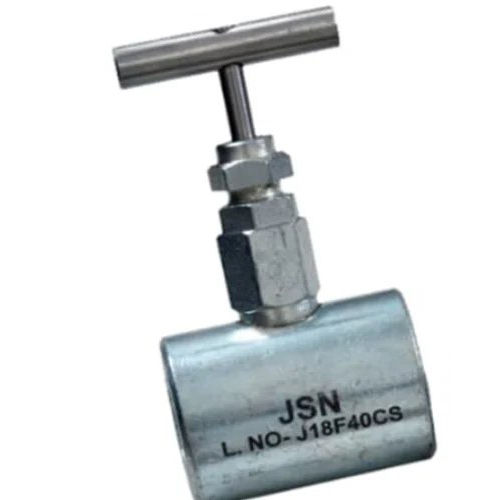

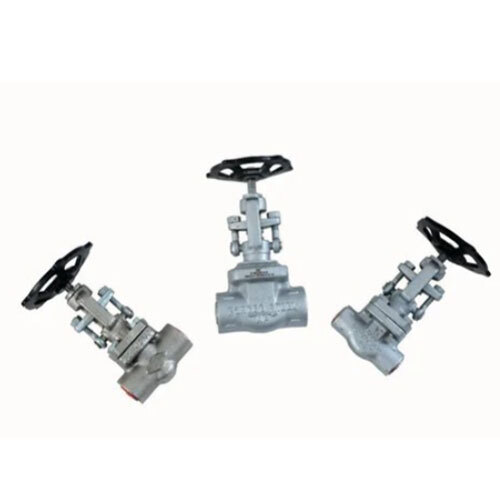
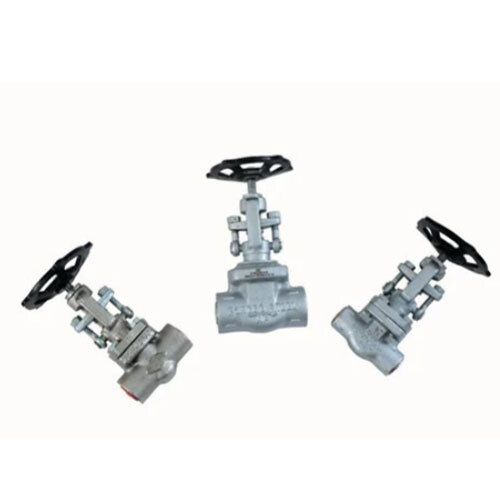
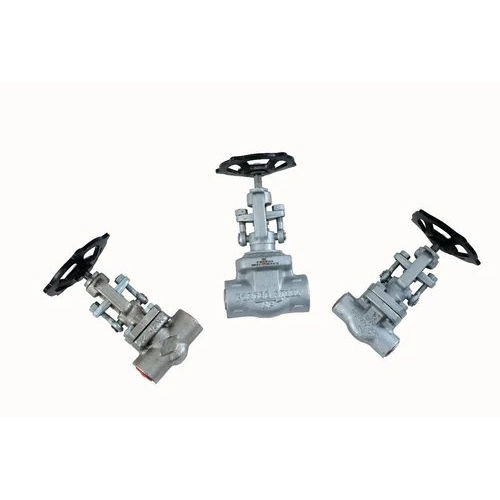
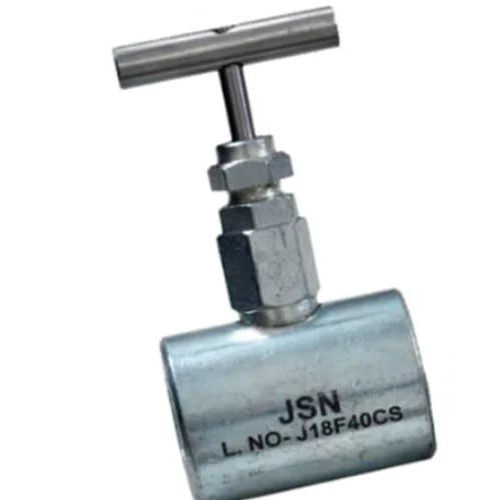

 English
English Spanish
Spanish French
French German
German Italian
Italian Chinese (Simplified)
Chinese (Simplified) Japanese
Japanese Korean
Korean Arabic
Arabic Portuguese
Portuguese